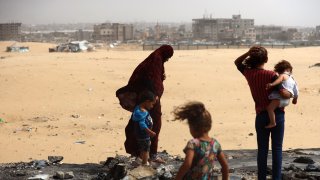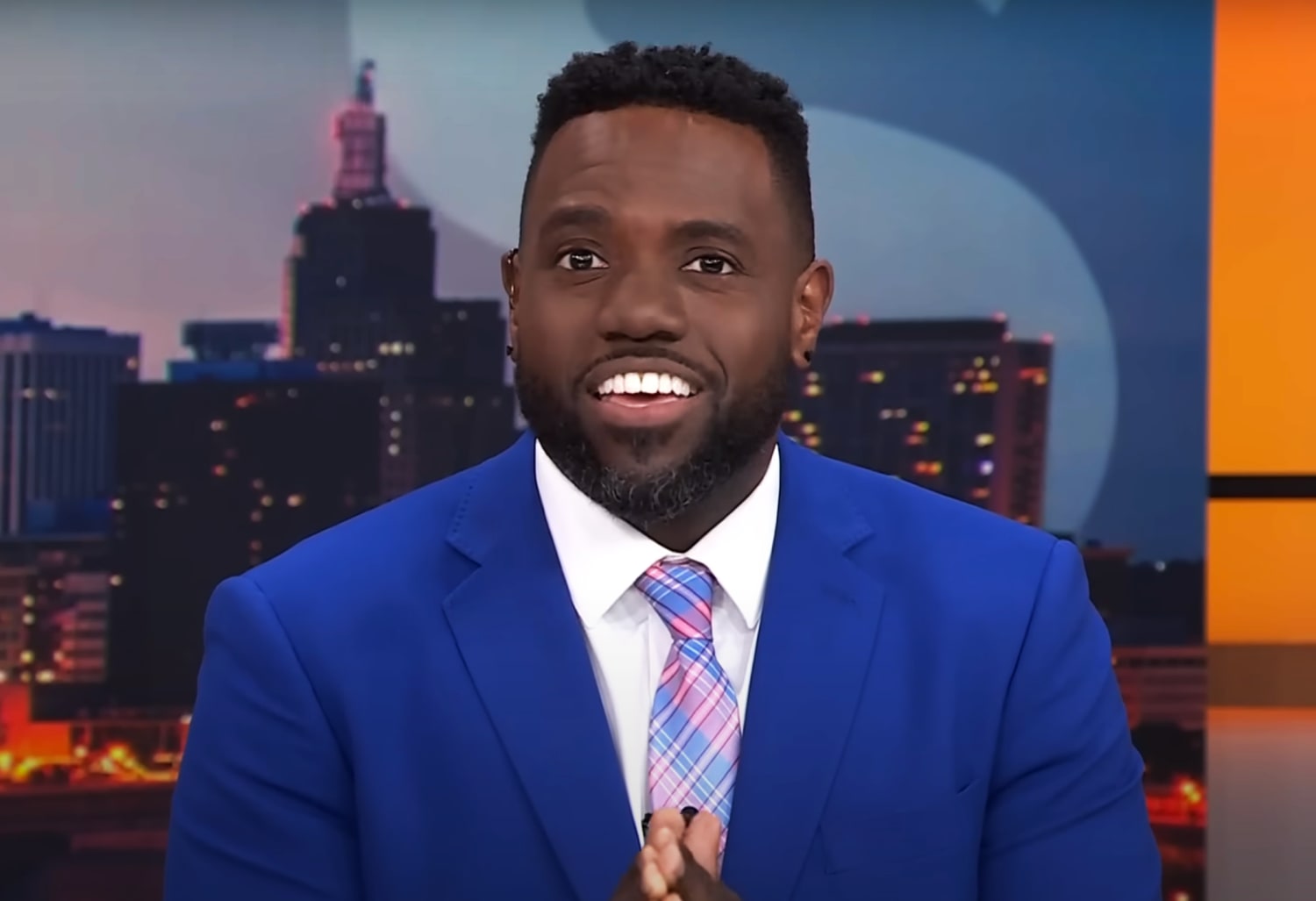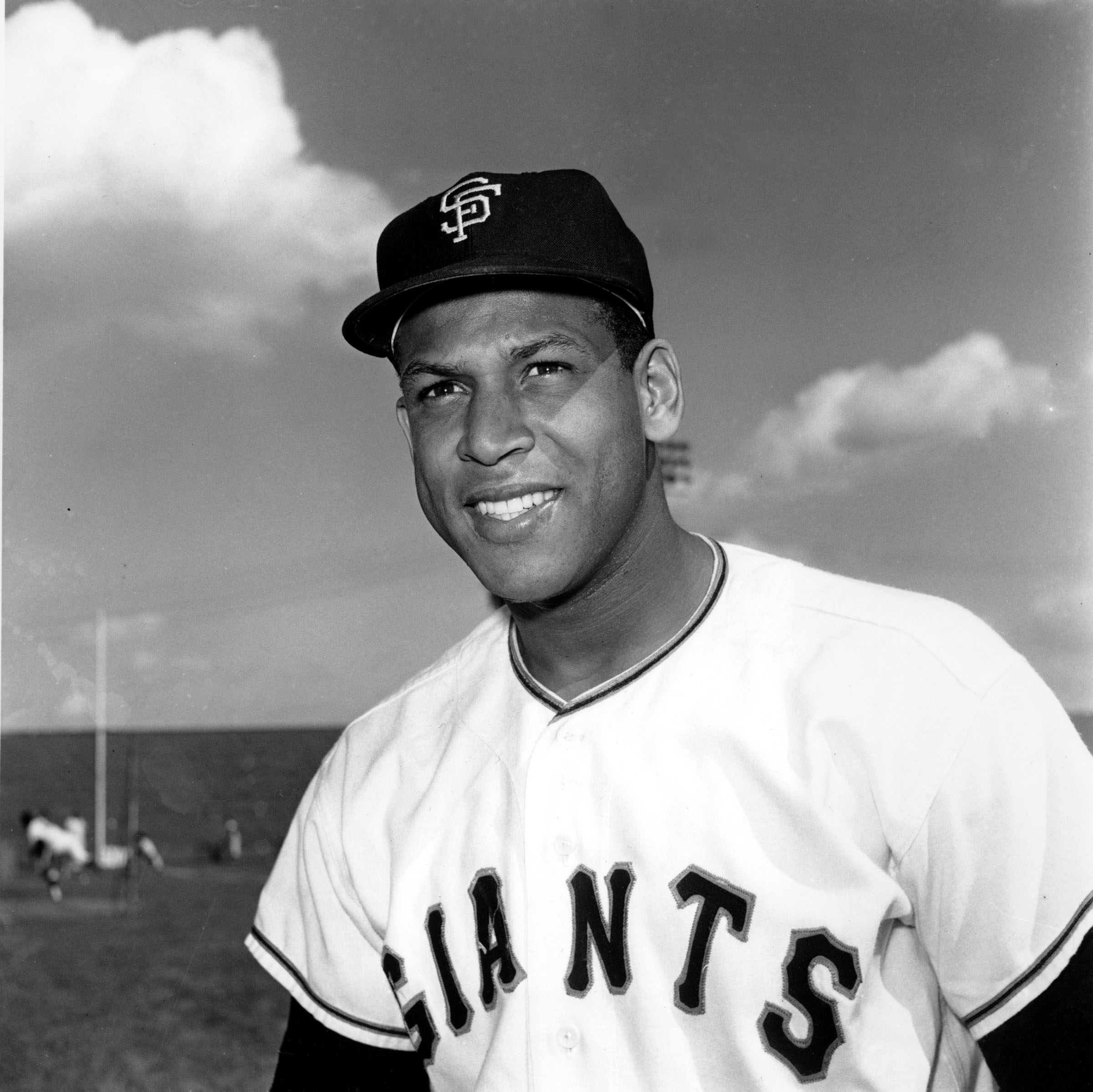
An image calling for people to pay attention to Israel’s ongoing war in Gaza has drawn more than 29 million shares on Instagram in less than 24 hours, highlighting a renewed social media push by supporters of Palestinians following a deadly Israeli airstrike.
The image depicts tents in a camp arranged to spell out “All Eyes on Rafah,” an area in the south of Gaza filled with refugee tent camps where local officials said at least 45 civilians died after an Israeli strike on Sunday.
Israel Prime Minister Benjamin Netanyahu told the country’s parliament in Hebrew that the casualties were a “tragic mishap”; his office presented clarifying comments in English that translated the phrase as “tragic incident.”
The image has been shared primarily through Instagram’s Stories feature, with influencers, athletes and celebrities — including “Bridgerton” star Nicola Coughlan, singer-songwriter Kehlani and one of India’s top actors, Varun Dhawan — posting the image.
The Hurricane season is on. Our meteorologists are ready. Sign up for the NBC 6 Weather newsletter to get the latest forecast in your inbox.
Instagram has emerged in recent months as a crucial outlet for Palestinian journalists and supporters of Palestinians despite efforts by its owner, Meta, to limit the spread of political content — echoing the broader rise of news content on the platform.
While the “All Eyes on Rafah” image has spread quickly, video from Rafah posted by Palestinian journalists has been restricted and in some cases removed from social media for depicting the graphic aftermath of Israeli strikes. Two of three Instagram posts showing burned and grievously injured and dead bodies after the recent strike were removed, and one had a sensitive content filter for “graphic or violent content” placed in front of it. The images were verified by NBC News. An Instagram spokesperson said the company removed the content due to its violent and graphic nature, which it said violated the platform's policies.
U.S. & World
The “All Eyes on Rafah” image does not portray the violence actually occurring on the ground, while it does echo the other content that has repeatedly gone viral and been endorsed by highly followed people on social media over the past eight months.
“The trend of posting ‘All Eyes on Rafah’ has been something that has been building for a little while,” said Matt Navarra, a social media consultant and industry analyst. “We’ve seen quite a lot of influencers and celebrities and widely followed people on multiple platforms, not just Instagram, that are sharing the sentiment of this message or an almost identical version of it, which will amp up the reach and visibility across many platforms.”
The image also appears to be one of the first pieces of viral activist iconography to have been created by artificial intelligence. Marc Owen Jones, an associate professor of Middle East studies at Hamad Bin Khalifa University in Qatar who studies misinformation, said the image “definitely looks” AI-generated.
Among the signs the image was AI-generated are that it does not appear photorealistic, it includes unusual shadows, and the tent camp pictured is unnaturally sprawling and symmetrical — a sign of pattern repetition that is common in AI generation.
Pro-Palestinian activism on social media has surged at various points since Israel began its assault on Gaza after the terrorist attacks of Oct. 7, in which over 1,100 civilians were killed and over 200 were taken hostage. Most recently, a mass blocking campaign targeting celebrities who have not vocally supported Palestinians gained some traction. Pro-Israel social media activity has also spiked at times, sparked most recently by university campus protests related to the war. Some people with large platforms have vocally supported Israeli civilians, which has sometimes led to backlash against them.
Starting Sunday, Israeli forces advanced on Rafah in both land and air offensives despite global outcry about the ensuing civilian casualties. Palestinians inside the tent camp reported dozens of deaths, including those of young children, some caused by fires that blazed through the camp. An Israeli official told NBC News that the fire was caused by a fuel tank explosion after one of Israel’s airstrikes hit it.
The account that initially posted the “All Eyes on Rafah” image on Instagram did not immediately respond to a request for comment.
Meta, Instagram’s parent company, has opened its moderation policy board up to debates over whether popular pro-Palestinian rhetoric like “from the river to the sea” constitutes policy violations, while it has also announced efforts to limit the spread of political speech on its platforms. On Meta’s Facebook, AI images have gotten hundreds of millions of engagements.
Navarra said the image highlights how activists can use AI to create content that can both communicate messages while abiding by platforms’ rules. By putting text in images itself, they may dodge any keyword detection moderation applied to image captions. AI-generated content can also be created very quickly, compared with traditional digital art methods that take much longer.
“It’s possibly circumventing some of the automated moderation on the platform, because it’s an AI-generated image and there isn’t anything in there that is massively dangerous or controversial,” Navarra said about the “All Eyes on Rafah” image. “It’s interesting to see that this cut through.”
This story first appeared on NBCNews.com. More from NBC News:



